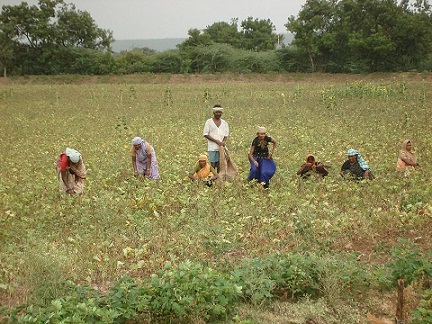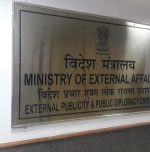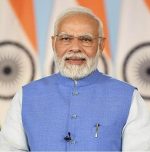India’s Stance on the hiked tariffs of the US

India has taken a firm stance against the recent decision by the United States to raise tariffs on Indian goods, particularly agricultural products, by up to 50 per cent.
In a strong response, Prime Minister Narendra Modi stated that the government would not allow any harm to come to India’s farmers, fishermen, or dairy workers, even if it came at a personal cost.
His comments were made during a global event held in honour of renowned agricultural scientist M. S. Swaminathan.
The timing of the Prime Minister’s remarks is significant, as they came shortly after the US government announced its new tariff measures.
India has criticised the move, calling it unfair and one-sided, and has also pushed back against what it sees as unjust blame from both the United States and the European Union over its continued trade relations with Russia.
The Indian government has made it clear that it will not compromise the interests of its agriculture and dairy sectors to reach a trade agreement.
According to officials, opening these sectors to increased foreign access, particularly for genetically modified crops and imported dairy products, would negatively impact millions of small and marginal farmers who depend on agriculture for their livelihoods.
This disagreement over market access is believed to be one of the key reasons that a trade deal between India and the US has not been finalised.
Despite international pressure, Indian authorities have maintained that protecting the domestic agricultural economy remains a top priority.
They have also stressed that any trade arrangement must respect India’s food safety standards, economic security, and long-standing policies aimed at supporting rural communities.
India’s position reflects a broader strategy of standing firm in the face of external demands, particularly when they conflict with the country’s internal socio-economic goals.
The government has signalled that while it remains open to fair and balanced trade, it will not accept terms that could weaken the foundation of its rural economy.
As global pressure increases, India is standing its ground, choosing long-term national interest over short-term trade gains.
Image Credit: Ksd5, CC0 1.0, via Wikimedia Commons
Image Reference: https://commons.wikimedia.org/wiki/File:Indian_farmers.jpg









